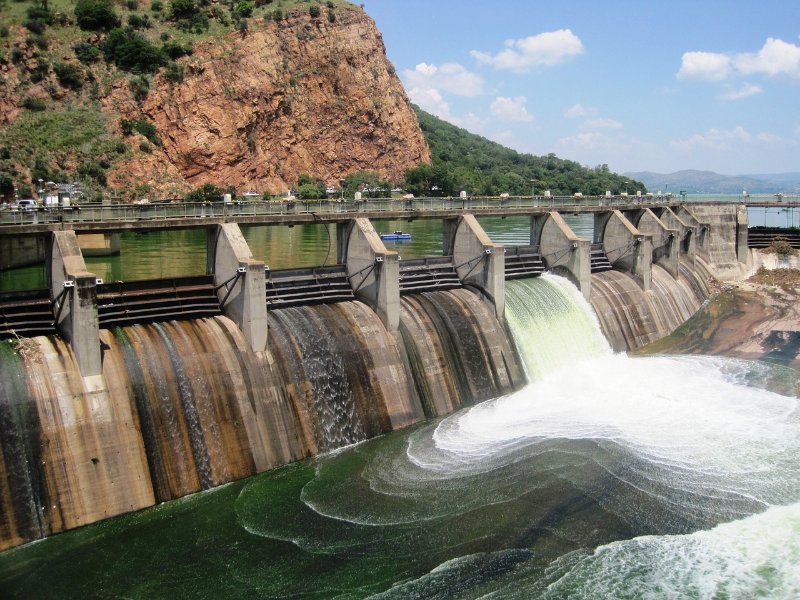Nigeria’s second-largest hydroelectricity power station, Zungeru power plant, is prepared to be fully operational, with a capacity of 700 megawatts.
The announcement was made by the Minister of Power, Adebayo Adelabu, during a media parley with Power Correspondents in Abuja, FCT. Adelabu highlighted the significance of the Zungeru Power Plant, stating that it would contribute substantially to Nigeria’s power generation capacity.
Read also: Elumelu calls for gas, power sector reforms at NBA conference
Investigation into DisCo Licence Extensions
In addition to the update on the Zungeru Power Plant, Minister Adelabu revealed that he has initiated an investigation into the extension of licences for Electricity Distribution Companies (DisCos). The licences, originally granted for ten years from 2013 to 2023, were extended by an additional five years. The Minister expressed concerns about the extension and emphasised the need to review its correctness.
Privatisation vs. Commercialization of Power Sector
Minister Adelabu expressed his scepticism about the privatisation of power sector assets, suggesting that commercialization might have been a more suitable approach. He noted the significant financial investment required for the power sector and the challenges the private sector may face in committing to such investments with uncertain long-term returns.
Potential Review of DisCo Structures
The Minister hinted at the possibility of reviewing the structures of Electricity Distribution Companies, considering the vast areas of coverage that might be challenging for effective management. Streamlining the areas of coverage could be a potential solution to enhance operational efficiency.
Cost Reflective Tariffs and Government Subsidies
Regarding cost reflective tariffs, Minister Adelabu stated that the time is not yet right for the implementation of such tariffs. He acknowledged that tariffs could have been increased earlier, but President Ahmed Bola Tinubu did not approve of it. The government continues to subsidise tariffs until there is convincing evidence of incremental power supply.
Approach to Power Sector Challengesl
Minister Adelabu shared insights into his approach to addressing challenges in the power sector. He highlighted the need for a bottom-up approach, as opposed to previous top-down approaches. He lamented the stagnation of Nigeria’s power generation at around 4,000MW over the years and emphasised the importance of tackling the issues from the grassroots.
Power Sector Retreat and Roadmap
To address the challenges comprehensively, the Minister announced plans to organise a Power Sector Retreat scheduled between December 12th and 14th, 2023. The retreat aims to develop a workable roadmap for the power sector, outlining strategic plans and initiatives to enhance its performance.
State Investment Opportunities in Power Distribution
Minister Adelabu encouraged states to take advantage of the reformed power sector Act by investing in Distribution Companies within their respective regions. He suggested utilising existing power lines instead of creating entirely new power infrastructures, emphasising the importance of optimising resources.
Minister Adebayo Adelabu provided updates on the operational readiness of the Zungeru Power Plant, the investigation into DisCo licence extensions, and the government’s approach to addressing challenges in the power sector. The emphasis on collaboration, bottom-up strategies, and the upcoming Power Sector Retreat reflects the commitment to revitalising Nigeria’s power sector for sustained growth and development.


